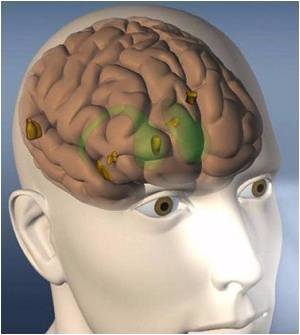
Lead author Nina Kraus, said that the explosion of research in recent years focusing on the effects of music training on the nervous system, including the studies in the review, have strong implications for education.
Scientists use the term neuroplasticity to describe the brain's ability to adapt and change as a result of training and experience over the course of a person's life.
An active engagement with musical sounds not only enhances neuroplasticity, but also enables the nervous system to provide the stable scaffolding of meaningful patterns so important to learning, she said.
"The brain is unable to process all of the available sensory information from second to second, and thus must selectively enhance what is relevant," Nature quoted Kraus as saying.
Playing an instrument primes the brain to choose what is relevant in a complex process that may involve reading or remembering a score, timing issues and coordination with other musicians.
Advertisement
The efficient sound-to-meaning connections are important not only for music but for other aspects of communication, she said.
Advertisement
Children who are musically trained show stronger neural activation to pitch changes in speech and have a better vocabulary and reading ability than children who did not receive music training.
And musicians trained to hear sounds embedded in a rich network of melodies and harmonies are primed to understand speech in a noisy background.
They exhibit both enhanced cognitive and sensory abilities that give them a distinct advantage for processing speech in challenging listening environments compared with non-musicians.
Children with learning disorders are particularly vulnerable to the deleterious effects of background noise, according to the article.
"Music training seems to strengthen the same neural processes that often are deficient in individuals with developmental dyslexia or who have difficulty hearing speech in noise," said Kraus.
The study is published in Nature Reviews Neuroscience.
Source-ANI









